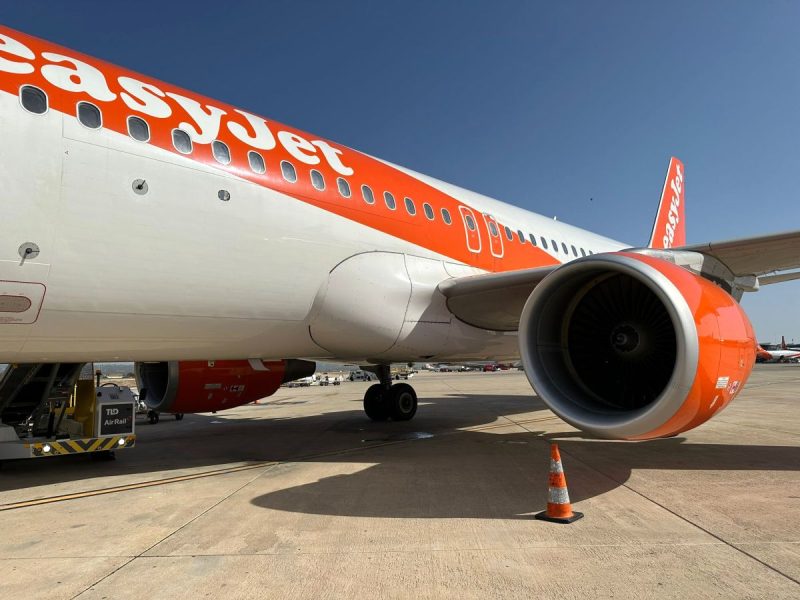The Airbus A320 operated by Easyjet Switzerland with the registration HB-JZR was actually scheduled to fly from Geneva to Nice on November 14, 2023. The landing could not be carried out due to strong wind shear and the alternative location was also unsuccessful. Ultimately, fuel even ran out.
HB-JZR was on its way from Nice to Geneva under flight number EZS 1326. There the pilots were confronted with extremely strong winds. The landing attempt had to be aborted for safety reasons. An alternative landing in Zurich-Kloten was requested from air traffic control, but Basel was initially assigned. The background is that at exactly that time there was an emergency at Switzerland's largest airport.
So the Easyjet Switzerland pilots headed for Basel-Mulhouse Airport. But there were problems there too, because the landing attempt had to be aborted at this airport due to dangerous winds. So now we were supposed to go to Zurich, but a lot of fuel had already been burned. Too much, because the crew had to report that it was starting to run out.
Air traffic control was informed by radio that there was only kerosene on board for about 18 minutes of flight and that there was therefore an air emergency. The landing in Zurich-Kloten went smoothly. All passengers and crew members were able to safely exit the Airbus A320. Due to two failed landing attempts at two different airports, the flight time almost doubled.
Crosswinds and shear winds are considered particularly dangerous during landings. It is therefore not surprising that the crew decided to head to an alternative airport for safety reasons after the first abort. The fact that Zurich-Kloten was not available at that time and that exactly the same problem occurred in Basel as in Geneva was unforeseeable. The pilots also probably acted in accordance with the regulations regarding the amount of fuel, because at least the prescribed minimum amount appears to have been refueled.
Airlines handle the amount of fuel differently. Some providers refuel exactly the amount plus the prescribed safety reserve that is needed before each flight. Sometimes the fuel for the return flight is filled up right before the outbound flight. It also happens that the tank is filled up at airports where fuel is cheap and is only refilled when necessary. The procedures vary, but in practice it turns out that often only the amount that is necessary is carried. The aircraft are therefore lighter and require less kerosene. This saves costs and indirectly reduces carbon dioxide emissions.







 trail (for them it's free to use)
trail (for them it's free to use)